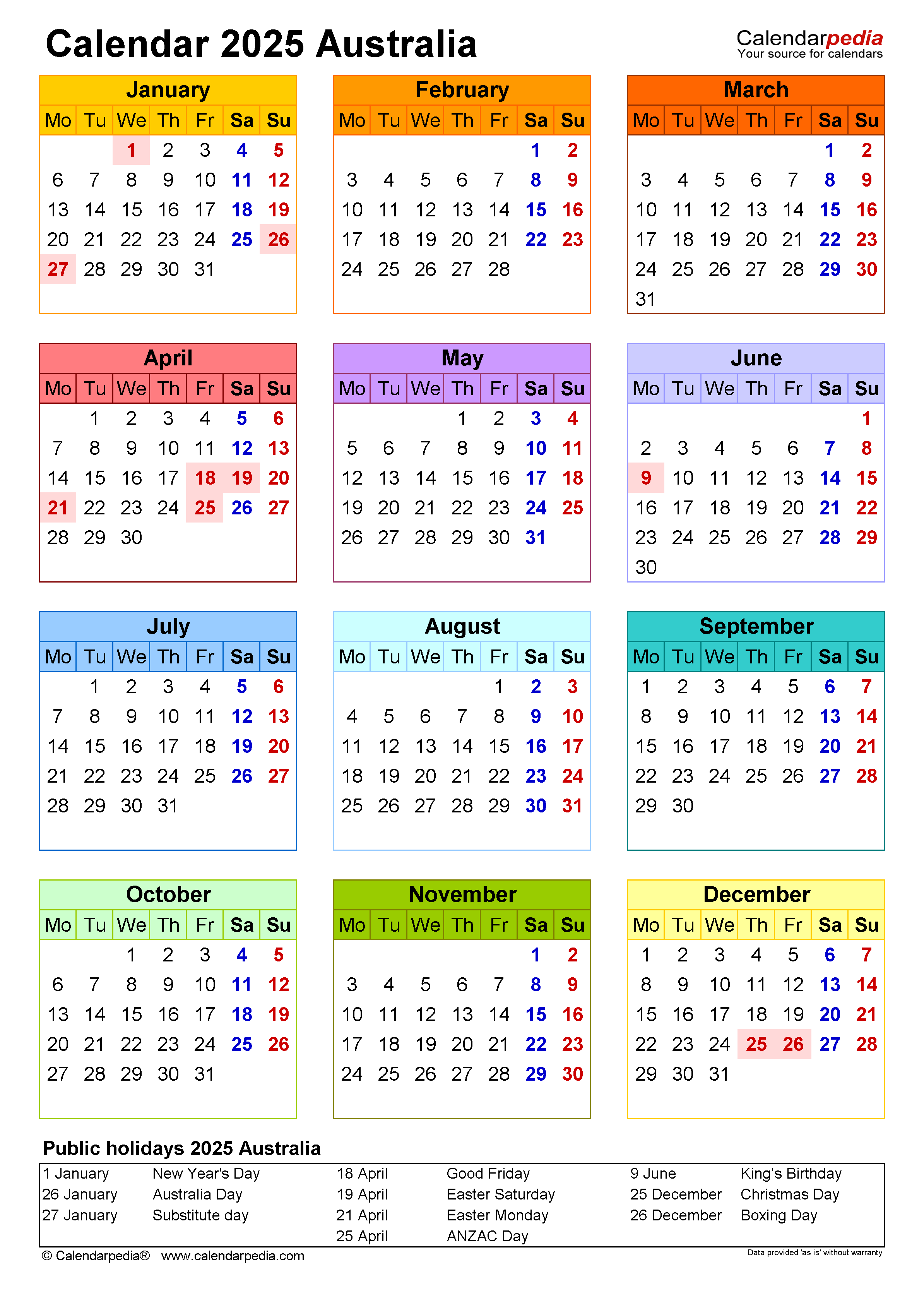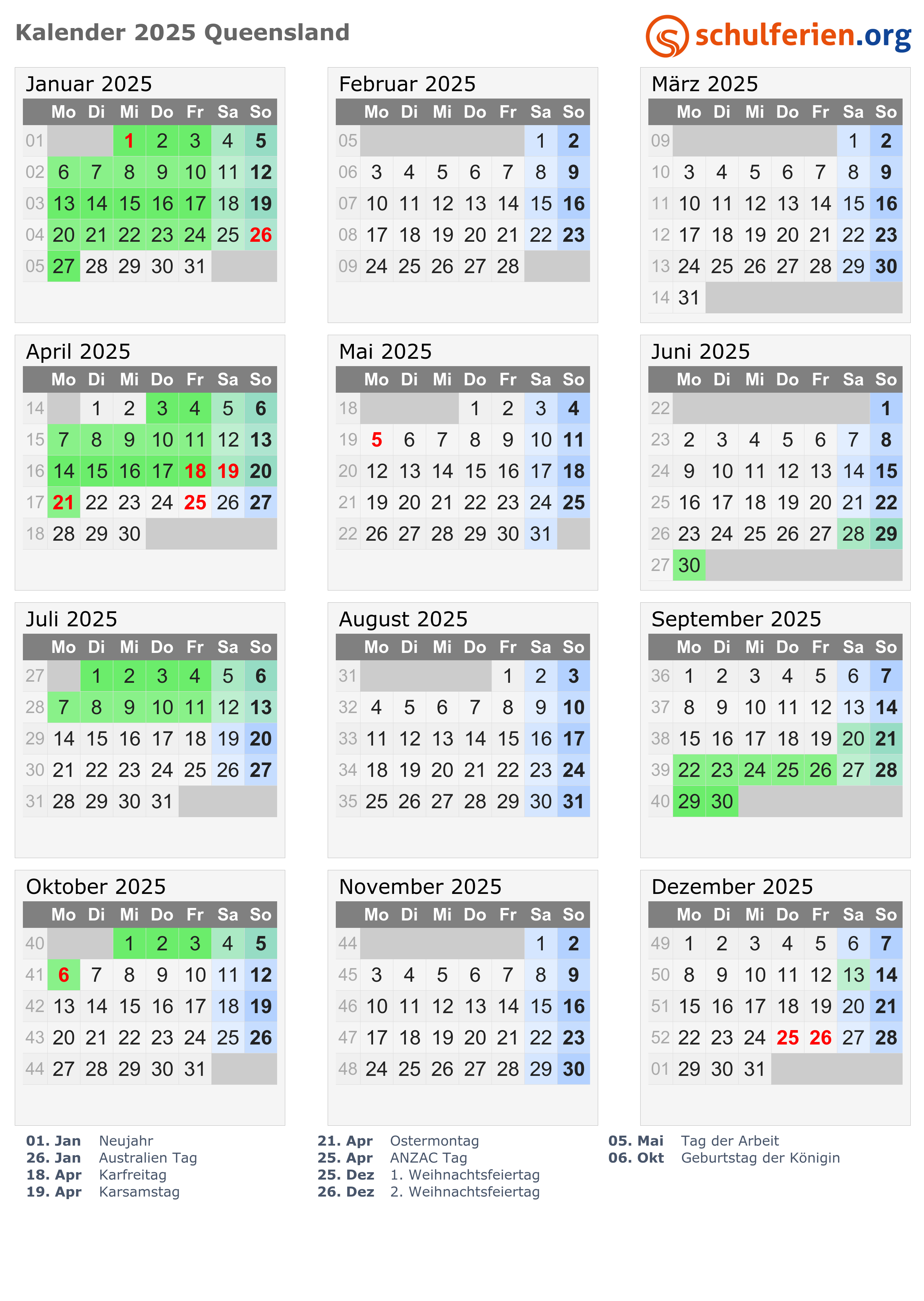A Comprehensive Guide To Public Holidays In 2025
A Comprehensive Guide to Public Holidays in 2025
Related Articles: A Comprehensive Guide to Public Holidays in 2025
Introduction
With great pleasure, we will explore the intriguing topic related to A Comprehensive Guide to Public Holidays in 2025. Let’s weave interesting information and offer fresh perspectives to the readers.
Table of Content
A Comprehensive Guide to Public Holidays in 2025

The year 2025 will offer numerous opportunities for respite and celebration, as the calendar is dotted with a collection of public holidays. These designated days provide a chance to pause from the daily grind, reflect on significant events, and enjoy time with loved ones.
Understanding Public Holidays
Public holidays, also known as bank holidays, are days officially recognized as non-working days in a particular jurisdiction. They are typically established by law and are observed across various sectors, including government offices, financial institutions, and businesses. While the specific days recognized as public holidays vary from country to country, they often commemorate historical events, religious observances, or significant cultural occasions.
Public Holidays in 2025: A Detailed Breakdown
While the exact number of public holidays in 2025 may differ depending on the specific location, a general overview can be provided. The following is a comprehensive list of holidays that are commonly recognized across many regions:
January:
- New Year’s Day (January 1st): This universally celebrated holiday marks the beginning of a new year and is often accompanied by festivities and resolutions.
February:
- Valentine’s Day (February 14th): While not a traditional public holiday, Valentine’s Day is widely celebrated as a day of love and romance. Many businesses and individuals take advantage of this opportunity for special promotions and romantic gestures.
March:
- St. Patrick’s Day (March 17th): Celebrated globally, especially in countries with Irish heritage, St. Patrick’s Day commemorates the patron saint of Ireland. It is a day of parades, traditional music, and green attire.
April:
- Easter Sunday (Date varies): This Christian holiday celebrates the resurrection of Jesus Christ and is a significant event for many cultures. Easter Sunday is often preceded by Good Friday, another observed holiday.
May:
- May Day (May 1st): May Day is an international holiday celebrating labor and worker’s rights. It is a day for parades, protests, and reflection on the importance of fair labor practices.
- Memorial Day (Date varies): Observed in the United States, Memorial Day is a day of remembrance for those who have died in military service. It is a solemn occasion marked by parades, ceremonies, and the placement of flags at cemeteries.
June:
- Juneteenth (June 19th): Celebrated in the United States, Juneteenth commemorates the emancipation of enslaved African Americans. It is a day of celebration, reflection, and remembrance.
July:
- Independence Day (July 4th): Celebrated in the United States, Independence Day marks the anniversary of the signing of the Declaration of Independence, declaring independence from British rule. It is a day of fireworks, barbecues, and patriotic displays.
August:
- Labor Day (Date varies): Observed in many countries, Labor Day is a celebration of the contributions of workers and the labor movement. It is often marked by parades, picnics, and family gatherings.
September:
- Columbus Day (Date varies): Celebrated in some parts of the United States, Columbus Day commemorates the arrival of Christopher Columbus in the Americas. It is a day of reflection on the history and impact of colonization.
October:
- Halloween (October 31st): While not a traditional public holiday, Halloween is widely celebrated as a day for costumes, trick-or-treating, and spooky festivities.
November:
- Thanksgiving (Date varies): Celebrated in the United States and Canada, Thanksgiving is a day of gratitude and feasting, marking the harvest season and expressing thanks for blessings.
- Veterans Day (November 11th): Observed in the United States, Veterans Day honors all American veterans who have served in the military. It is a day of parades, ceremonies, and recognition of their sacrifices.
December:
- Christmas Day (December 25th): This Christian holiday celebrates the birth of Jesus Christ and is a time for family gatherings, gift-giving, and festive celebrations.
- Boxing Day (December 26th): Celebrated in many Commonwealth countries, Boxing Day is a day for giving gifts to those in need and enjoying time with family and friends.
- New Year’s Eve (December 31st): The final day of the year, New Year’s Eve is often marked by parties, fireworks, and celebrations as people bid farewell to the old year and welcome the new.
Important Notes:
- The specific dates for some holidays, such as Easter Sunday and Thanksgiving, may vary each year based on the lunar calendar or other religious calculations.
- The observance of public holidays may differ based on individual workplaces, industries, and local regulations.
- It is essential to check local laws and regulations for specific details regarding public holidays in your region.
Benefits of Public Holidays
Public holidays provide numerous benefits to individuals, businesses, and society as a whole:
- Enhanced Work-Life Balance: Public holidays offer a chance to step away from work and prioritize personal well-being, fostering a healthier work-life balance.
- Increased Productivity: Rest and relaxation during public holidays can lead to improved focus and productivity upon returning to work.
- Economic Stimulation: Public holidays often encourage travel and spending, contributing to economic growth and supporting various industries.
- Cultural Preservation: Public holidays help to preserve and celebrate cultural traditions, fostering a sense of community and shared history.
- Strengthening Family Bonds: Public holidays provide opportunities for families to gather, spend quality time together, and create lasting memories.
FAQs
Q: How many public holidays are there in 2025?
A: The exact number of public holidays in 2025 will vary depending on the specific location. The list provided above offers a general overview of commonly recognized holidays, but it is essential to consult local laws and regulations for accurate information.
Q: Are public holidays mandatory?
A: Public holidays are generally considered mandatory non-working days in most jurisdictions. However, certain industries and workplaces may have specific exceptions or requirements. It is essential to refer to local laws and workplace policies for clarification.
Q: What happens if a public holiday falls on a weekend?
A: In many cases, if a public holiday falls on a weekend, it is not typically observed as a separate holiday. However, some regions may offer an alternative day off or adjust the holiday schedule accordingly.
Tips for Making the Most of Public Holidays:
- Plan Ahead: Utilize public holidays to plan vacations, visit loved ones, or pursue personal interests.
- Embrace the Time Off: Disconnect from work and dedicate the time to relaxation, leisure activities, or spending time with loved ones.
- Consider Volunteering: Use the extra time to volunteer in your community and make a positive impact.
- Reflect and Recharge: Public holidays offer an opportunity to reflect on past experiences and recharge for future endeavors.
Conclusion
Public holidays play a vital role in our lives, providing opportunities for rest, celebration, and reflection. They contribute to a healthier work-life balance, economic growth, and the preservation of cultural heritage. As we move into 2025, let us embrace the designated public holidays as opportunities to connect with loved ones, celebrate significant events, and create lasting memories.








Closure
Thus, we hope this article has provided valuable insights into A Comprehensive Guide to Public Holidays in 2025. We appreciate your attention to our article. See you in our next article!